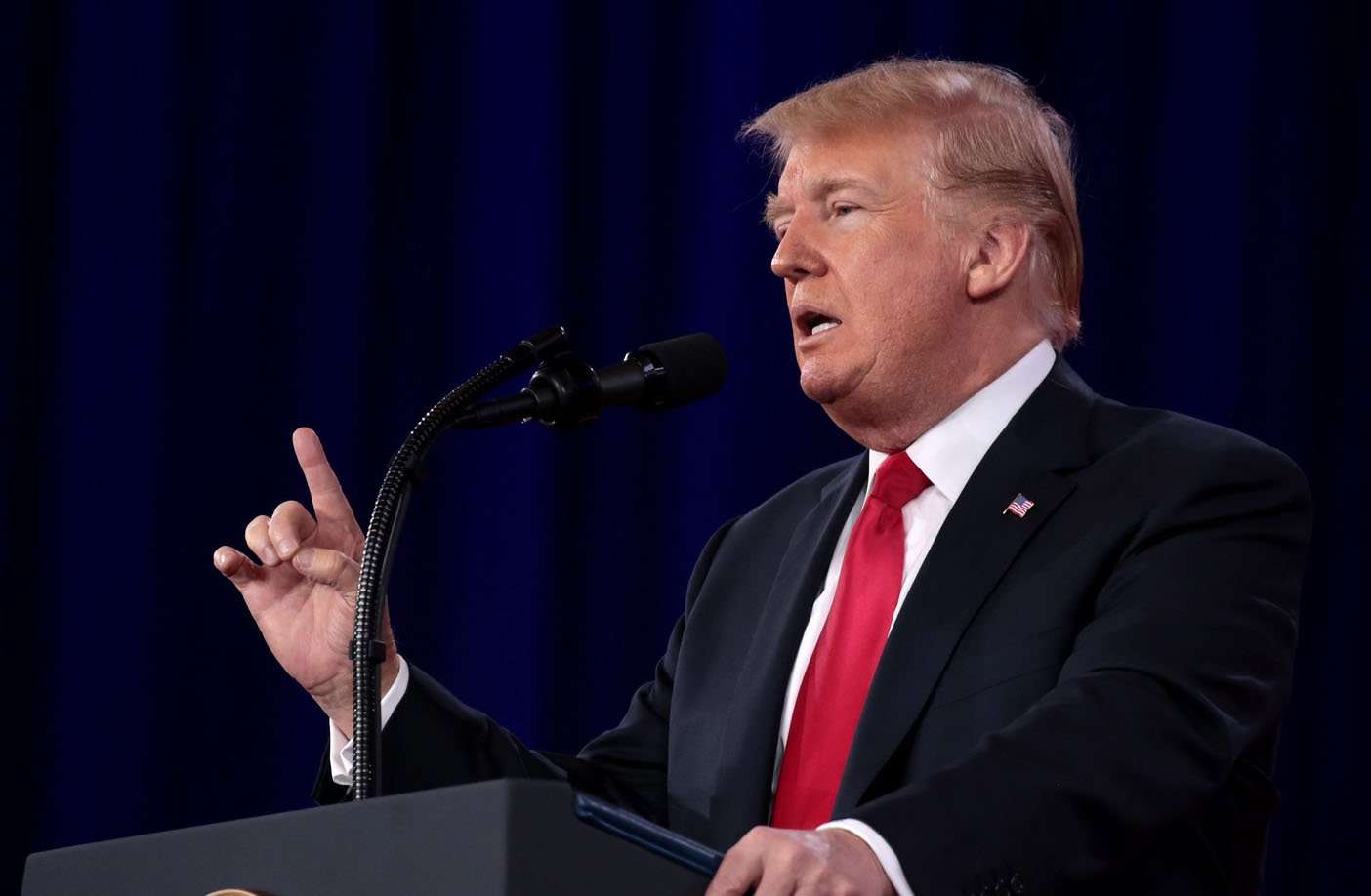People tend to become more trusting of news stories after being exposed to President Donald Trump’s tweets attacking so-called “fake news,” according to new research published in Mass Communication and Society. The findings provide evidence that Trump’s tweets are having the opposite of their intended effect.
“There had been a great deal of popular concern, both from the public and journalism outlets, about Trump’s disparagement of news media via Twitter and labeling legitimate news organizations as ‘fake news.’ We thought to design a quick study to empirically validate those concerns and show just how damaging the tweets were to people’s perceptions of journalistic credibility and trust,” remarked study author Daniel J. Tamul, an assistant professor of communication at Virginia Tech.
The researchers conducted an initial pilot study with 331 people, in which some participants were randomly assigned to read a tweet from Trump saying the “very dishonest Fake News Media is out of control” before reading an Associated Press news story about immigration.
“Our first study found no evidence for a relationship between simple exposure to the fake news tweet and perceptions of the story or author so we cast a wider net in our second study,” Tamul said.
In the second study, 1,395 participants read either an NPR news story about a 13-year-old victim of Hurricane Maria, an NPR fact sheet about the hurricane’s devastation, or (in the control condition) an excerpt from “To Build a Fire” by Jack London. They were then surveyed regarding their attitude toward Hurricane Maria victims, the author’s credibility, intentions to read more news stories, and other factors.
Prior to reading the content, some of the participants were exposed to 30 actual tweets from Trump that disparaged journalism or news organizations, such as “I will represent our country well and fight for its interests! Fake News Media will never cover me accurately but who cares! We will #MAGA!”
“We let participants choose how many ‘fake news’ tweets from Trump to read,” Tamul noted.
But the researchers again found no evidence that reading Trump’s tweets made people more likely to doubt the credibility of the news items. “What we found was precisely the opposite of what we expected,” Tamul explained.
“The more tweets people chose to read, the more they saw a news product as credible, the author as credible, and the more they wanted to read such stories in the future. This is likely the opposite effect that Trump intends his tweets to have,” he told PsyPost.
“We also examined how exposure to Trump’s tweets influences how engaging people find news stories. We found that the more tweets people read from Trump the more transported into a story they become, resulting in even greater emotional reactions to a news story and story-consistent attitudes.”
“This means that when Trump tweets about a specific news story being ‘fake news,’ if people then read that story (or others for that matter) they are more likely to agree with its presentation of facts than had Trump stayed silent,” Tamul said.
But as with all research, the findings come with a few caveats.
“It is possible that the damage from Trump’s tweets or other factors have already saturated the mediascape and as a result any additional exposure to tweets about ‘fake news’ does not further diminish credibility. Reading more tweets from Trump may simply be an indicator of greater political engagement from readers. We also controlled for political ideology and a host of other factors in this study, so these findings should be interpreted with that in mind,” Tamul explained.
The study, “All the President’s Tweets: Effects of Exposure to Trump’s ‘Fake News’ Accusations on Perceptions of Journalists, News Stories, and Issue Evaluation“, was authored by Daniel J. Tamul, Adrienne Holz Ivory, Jessica Hotter, and Jordan Wolf.

dannyslag on January 24th, 2020 at 05:17 UTC »
This is one reason that the most important skill studying science teaches you is to be more skeptical of things that agree with you then things that don't and always try to prove your beliefs wrong. Sadly most Americans do the opposite, which I think is linked to the poor education system.
shellwe on January 24th, 2020 at 02:35 UTC »
Reminds me of the quote from Valery Legasov in Chernobyl.
That and:
Reddrum222 on January 23rd, 2020 at 23:09 UTC »
I can’t help but feel the most important takeaway from this (one that will outlive Trump by a long shot) is that people’s trust and belief in the veracity of information is highly susceptible to bias.
It really sucks. It just does.